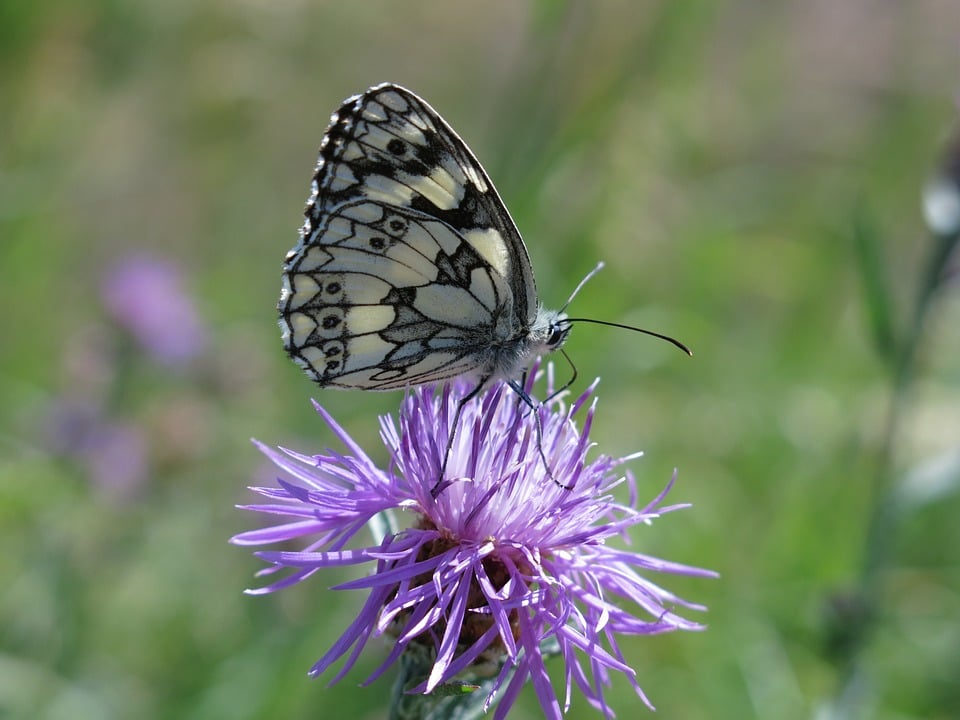In a world constantly evolving and changing, traditions play a vital role in connecting us to our past and shaping our present. From ancient rituals to modern customs, traditions have been an integral part of societies across different eras. In this article, we will take a journey through time to explore the rich tapestry of historical customs that have shaped human culture throughout the ages.
The Ancient World: A Foundation of Tradition
In the ancient world, traditions held immense significance in the daily lives of people. From the elaborate ceremonies of the Egyptians to the philosophical teachings of the Greeks, traditions were deeply ingrained in the fabric of society. Some key aspects of ancient traditions include:
– Rituals and ceremonies: Ancient societies often relied on rituals and ceremonies to mark important events such as births, marriages, and deaths.
– Religious practices: Religion played a central role in shaping traditions in the ancient world, with elaborate festivals and sacrifices being common.
– Social customs: Customs around social interactions, such as greetings, dietary habits, and clothing, varied greatly among different ancient cultures.
The Medieval Era: Traditions in Times of Change
The medieval era marked a period of significant political, social, and cultural change. Traditions during this time were influenced by the rise of Christianity, the spread of feudalism, and the emergence of new technologies. Some key aspects of medieval traditions include:
– Feudal customs: Feudalism was a dominant social system in medieval Europe, with traditions around lordship, vassalage, and land ownership shaping everyday life.
– Chivalry: The code of chivalry in medieval Europe dictated proper behavior for knights, emphasizing honor, courage, and loyalty.
– Festivals and fairs: Medieval societies celebrated various festivals and fairs, often centered around religious holidays or seasonal events.
The Modern Era: Evolution of Traditions in a Globalized World
In the modern era, traditions have continued to evolve in response to globalization, industrialization, and technological advancements. While some traditional customs have faded away, others have adapted to new contexts and realities. Some key aspects of modern traditions include:
– Cultural globalization: The spread of information and ideas through globalization has led to the blending of traditions from different cultures, creating new hybrid customs.
– Revival of ancient practices: In an age of rapid change, many people have sought to reconnect with their roots by reviving ancient traditions and customs.
– Sustainability and tradition: As environmental concerns grow, traditional practices that promote sustainability and conservation are gaining renewed interest.
Conclusion
Traditions have always been a vital part of human society, serving as a link between the past, present, and future. As we navigate the complexities of a rapidly changing world, it is important to remember the value of tradition in preserving our cultural heritage and shaping our identities. By reflecting on the customs of different eras, we can gain a deeper understanding of our shared history and appreciate the diversity of human experience. Thank you for joining us on this journey through time, and may the traditions of the past continue to inspire us in the future.
For further exploration of traditions across different eras, we recommend exploring historical sites, museums, and academic resources dedicated to preserving and studying cultural heritage.
